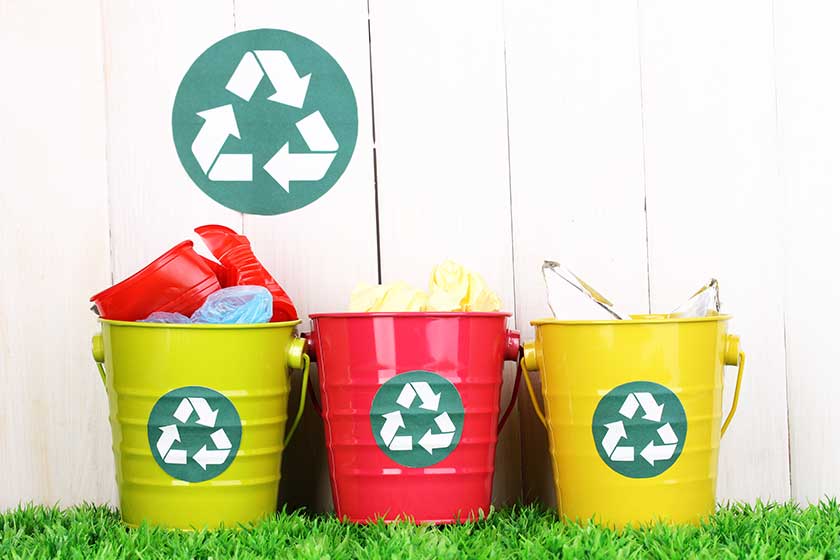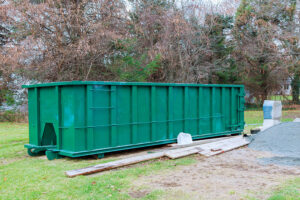The waste management benefits are manifold, directly influencing our environment, health and day-to-day existence. With careful waste disposal, recycling initiatives and sustainable habits, we positively shape our society into a cleaner, safer, and highly productive space.
Bolsters Public Health
Waste management, when executed effectively, acts as a key player in upholding public health standards. Lack of proper waste disposal can expose us to a variety of health hazards – infectious diseases, air and water contamination, and toxic substances in the earth. By adopting responsible waste management methods, we can foster a healthier environment for us and future generations to come.
Safeguards the Ecosystem
Environment protection is an undeniable advantage of waste management. By optimizing energy and preserving resources, we can curtail the global impact of pollution linked to waste. Sustainable practices like recycling, reusing, and minimizing waste can also aid in protecting nature’s resources, averting deforestation and securing the purity of air, water, and soil. When you engage in responsible waste management behavior, you directly lend a hand in safeguarding our natural world.
Fuels Economic Expansion
The positive outcomes of waste management aren’t limited to public health and environmental protection; they are integral to the economy’s growth. The waste management sector creates employment while simultaneously generating revenue for governments and businesses. Recycling waste products can result in the creation of novel goods, stimulating economic growth. Furthermore, path-breaking waste management practices and technologies attract investments, paving avenues for a sustainable economic surge.
Fosters Ingenuity
As we become more conscious of our waste output, we gain insight into our consumer patterns. By finding new purposes for items before they are discarded, we invoke our ingenuity. This habit not only lessens our environmental footprint but nudges us to be mindful consumers. As we advance in our quest for a sustainable existence, we inspire others to follow our path and help mold a greener, more responsible society.
Lowers Greenhouse Gas Emissions
Waste management is crucial in addressing climate change. Incorrect waste disposal causes the release of greenhouse gases like methane and carbon dioxide. Ill-managed landfills are significant contributors to these emissions. By promoting recycling and composting, we can decrease the waste quantity in landfills and prevent the emission of debilitating gases. Plus, manufacturing new goods from recycled materials requires less energy, further bringing down greenhouse gas emissions.
Props up Innovation and Technological Progress
Science and technology advancements have led to the evolution of various waste management strategies over time. Modern technology has paved the way for efficient and environmentally-friendly waste management solutions, right from waste sorting to converting waste into energy. Ingenious advancements like intelligent recycling machines, biofuel production from organic waste and more attest to how waste management can spark innovation.
Guarantees Cleaner Urban Spaces
Urban areas are primarily responsible for waste production due to densely populated regions and consumer-driven lifestyles. Efficient waste management greatly enhances urban spaces and drastically improves city living. Practices such as consistent waste collection and disposal, recycling and composting can ensure healthier, safer and cleaner urban settings. This cleanliness invigorates a city’s appeal and encourages inhabitants to behave in a more community-centric manner.
Minimizes Landfill Areas
Landfills consume enormous amounts of space and often serve as unsightly and odorous locales. One significant gain of waste management is its ability to decrease landfill spaces. Through recycling, we can reduce the waste volume in landfills, preserving land for more productive purposes.
Generates Energy Sources
Waste can make profits when harnessed correctly. Waste-to-energy techniques convert discarded matters into power, heat, or fuel. This process is not only efficient but is aligned with environmental conservation, providing a renewable energy source and endorsing sustainable waste disposal. Waste-to-energy methods considerably bring down greenhouse gas emissions compared to fossil fuels, securing waste management’s role in mitigating climate change.




